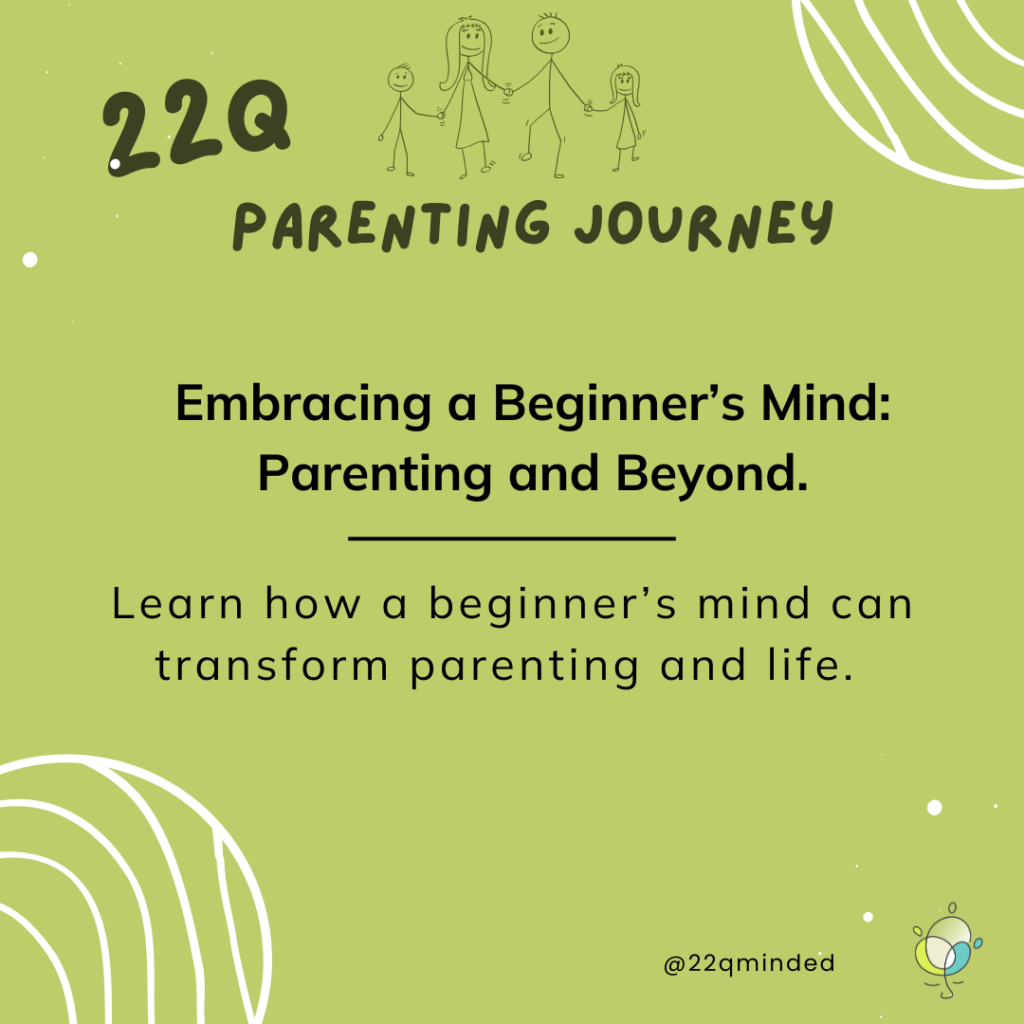What is it?
Emotion regulation involves managing and responding to emotional experiences in ways that are considered adaptive or appropriate. It includes strategies to control the intensity and duration of emotional reactions, helping individuals cope with challenges and maintain emotional balance for overall well-being.
How do we learn to regulate our emotions?
Kids learn to regulate their emotions through socialisation, observing and mimicking adults and peers, and receiving guidance on expressing feelings appropriately.
Experiences, including parental support and feedback, teach kids effective coping strategies, gradually improving their ability to manage emotions in various situations as they grow and develop.
Does this mean?
Yes, kids often learn to regulate their emotions in similar ways to the important adults in their life.
Is it that simple?
No, it is not that simple although it definitely plays an important role. Emotional regulation is also influenced by genetics, upbringing, social interactions, and individual traits.
Stress, trauma, and mental health also play significant roles in shaping our emotional regulation abilities.
What about 22q?
Difficulties with emotion regulation is common among people with 22q. However, emotion dysregulation can be expressed differently. Some may try to avoid uncomfortable feelings, others may worry excessively, yet others may have emotional meltdowns or become very angry when things don’t go their way.
Are there other impacts?
While it is not the only influencing factor, emotion dysregulation can affect mental health. Similarly, poor mental health can impact our ability to regulate our emotions.
What can help?
Modelling Behaviour: Demonstrate healthy emotion regulation through your own actions.
Emotional Literacy:Teach kids to identify and name their feelings accurately.
Problem-Solving Skills: Guide them in finding solutions to emotional challenges.
Coping Strategies: Introduce and practice techniques such as deep breathing, counting, or taking breaks to manage strong emotions.
Positive Reinforcement: Praise and reward efforts towards emotional control and expression.
What else?
Encouraging Communication: Foster an environment where they feel safe discussing their feelings and experiences.
Social Skills Training: Help them learn to interact positively with others, improving their social support network.
Mindfulness and Relaxation Techniques: Teach practices that promote calmness and presence.
Professional Support: If necessary, seek help from an OT, psychologist or counsellor experienced in child development for tailored strategies and interventions.





